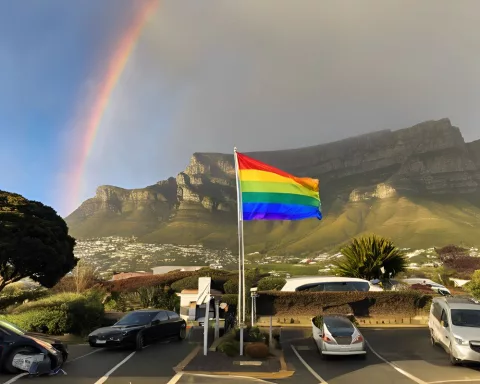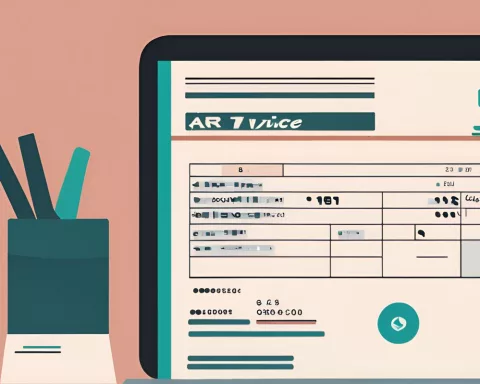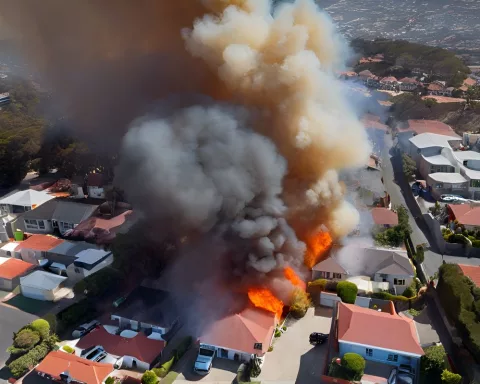South Africa has made significant progress in fulfilling basic needs and developing infrastructure through its Reconstruction and Development Programme (RDP). The government’s focus on inter-governmental planning, budgeting, and implementation has led to improvements in access to essential services. However, challenges remain, and the administration is working towards a better future for all, including partnerships with the private sector and addressing climate change impacts. The journey is far from finished, but the government is committed to ensuring that no one is left behind in this journey.
South Africa’s Reconstruction and Development Programme (RDP) has made substantial progress in fulfilling basic needs, with 90% of South Africans living in formal accommodations, 94% having access to electricity, and 82% having access to piped water. The government’s focus on fortifying and accelerating the District Development Model for integrated inter-governmental planning, budgeting, and implementation has also led to significant progress in enhancing access to essential services. However, challenges remain, and the administration continues to work towards a better future for all.
Setting The Stage for Transformation
In the run-up to their first democratic elections, South Africa’s African National Congress (ANC) pinpointed five pivotal programs for the country’s reconstruction and development. These included fulfilling basic needs, human resource development, boosting the economy, instigating a democratic state and society, and putting the Reconstruction and Development Programme (RDP) into motion. Far from being merely aspirational, these programs were immediate and vital needs. The country grappled with daunting deprivation rates: a third of the population was without water, half lacked electricity, and over three-quarters had no sanitation.
Today, the results of the RDP are laudable: 90% of South Africans live in formal accommodations, 94% have access to electricity, and 82% have access to piped water. The dramatic improvement in these figures showcases the dedication of a government keen on empowering those on the margins and giving power to the powerless.
A Blueprint for Change and Integrated Development
1998 saw the adoption of the White Paper on Local Government, a blueprint for the post-1994 local government system. This document, likened to a “mini constitution”, set the foundation for a fresh developmental local government system impacting all South Africans. It aimed to foster sustainable human settlements that offer high living standards, respecting dignity and equality as endorsed in the Constitution’s Bill of Rights.
Under the 6th administration, the focus has been on fortifying and accelerating the District Development Model for integrated inter-governmental planning, budgeting, and implementation. Strategic partnerships were formed to augment local government work and bolster support mechanisms, particularly through the Municipal Infrastructure Support Agency (MISA).
This strategy goes beyond erecting roads and houses – it’s about creating a society where basic needs are met. The significant outcomes from the Municipal Infrastructure Grant (MIG) and MISA’s efforts are clear. Since MIG’s launch in 2004, a total of R208,1 Billion has been spent, marking major progress in enhancing access to essential services. Meanwhile, MISA has mobilized 87 professionals and 150 young graduates across 44 districts, providing roughly 217 MIG-recipient municipalities with diverse technical support.
Overcoming Obstacles and Forging Partnerships
However, the journey has not been without challenges. The frequency with which municipalities are reverting funds to the national treasury is alarming. The administration has been proactive in response, devising strategies to help municipalities redirect their budgets towards repairs, refurbishments, and other inventive approaches to prevent financial waste.
The private sector has a crucial role to play in tackling the infrastructure difficulties that municipalities face. The government has successfully cleared the path for private sector participation in infrastructure investment. Institutions like DBSA, the New Development Bank, the World Bank, and AFDB have designed programs focused on municipal infrastructure investments.
Consider the collaboration spearheaded by Minister Thembisile Nkadimeng with the Limpopo Roads Agency. Eight mining companies donated over R100 million to construct the Steel bridge, a brilliant example of how strategic alliances can effectively deliver services to the populace.
Climate Change and Future Forward Actions
The administration also acknowledges the global existential menace of climate change. It is dedicated to ensuring that South Africa’s infrastructure can withstand climate change impacts and adapt accordingly. Through legislative reforms, capacity-building initiatives, and partnerships with organizations like the World Resources Institute, the government is actively confronting climate change, urban water resilience, and industrial disasters.
In the grand scheme of things, the voyage is far from finished. As rightly expressed by President Ramaphosa, “We still have many more hills to climb.” Yet, the 6th administration, fueled by resolve and hope, is ready to forge ahead. The nation’s future hinges on the actions of today, and the government is committed to ensuring that no one is left behind in this journey.
1. What is South Africa’s Reconstruction and Development Programme (RDP)?
South Africa’s Reconstruction and Development Programme (RDP) is a program aimed at fulfilling basic needs and developing infrastructure in the country. It was initiated by the African National Congress (ANC) in the run-up to the first democratic elections in 1994 and aimed to address the country’s economic and social challenges, including poverty, unemployment, and inequality.
2. What progress has been made through the RDP?
The RDP has led to significant progress in fulfilling basic needs, with 90% of South Africans living in formal accommodations, 94% having access to electricity, and 82% having access to piped water. The government’s focus on integrated inter-governmental planning, budgeting, and implementation has also led to improvements in access to essential services.
3. What is the District Development Model?
The District Development Model is a strategy aimed at integrating inter-governmental planning, budgeting, and implementation at the district level. It is aimed at enhancing access to essential services and developing sustainable human settlements that offer high living standards, respecting dignity and equality as endorsed in the Constitution’s Bill of Rights.
4. What are the challenges facing the RDP?
The frequency with which municipalities are reverting funds to the national treasury is alarming. The administration has been proactive in response, devising strategies to help municipalities redirect their budgets towards repairs, refurbishments, and other inventive approaches to prevent financial waste.
5. What role does the private sector play in infrastructure investment in South Africa?
The private sector has a crucial role to play in tackling the infrastructure difficulties that municipalities face. The government has successfully cleared the path for private sector participation in infrastructure investment.
6. How is the government addressing climate change impacts?
The administration is dedicated to ensuring that South Africa’s infrastructure can withstand climate change impacts and adapt accordingly. Through legislative reforms, capacity-building initiatives, and partnerships with organizations like the World Resources Institute, the government is actively confronting climate change, urban water resilience, and industrial disasters.










